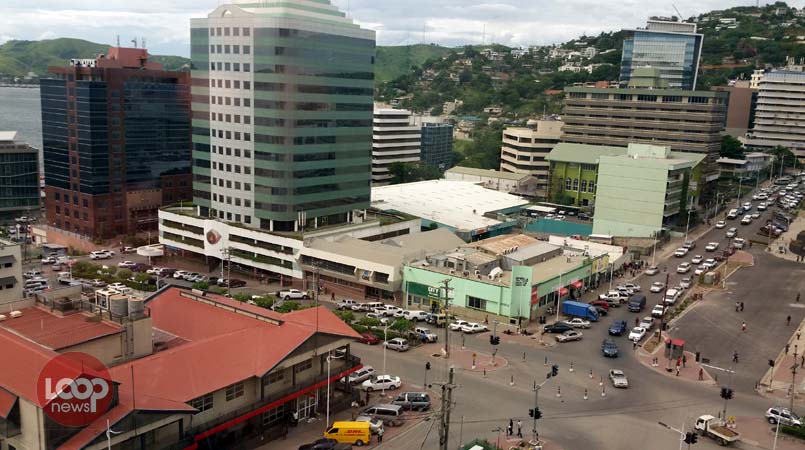
The weakening global situation and low commodity prices has seen Government revenues decline and flatten in the past four years.
This has resulted in the Government handing down a 2017 deficit budget of K12.9b on Tuesday.
Treasurer Patrick Pruaitch when handing down the budget said it has been no secret that the country have been facing economic crisis.
“We have been forced by circumstances to tighten our budgetary situation further through Supplementary Budgets in 2015 and 2016.
“In doing so we have maintained a conservative course in terms of fiscal sustainability and will be well placed to capitalise on developments when global economic conditions improve.”
He said throughout most of this year, it has been tough for virtually all commodity exporting economies and Papua New Guinea has been no exception.
“The ability of the International Financial Institutions and global analysts to forecast trends have been hampered by the uncertainties facing global crude oil and energy markets, uncertain and volatile trends affecting other commodities and the generally unexpected decision by Great Britain to exit from the European Union and the imminent elections in the United States.
“Other uncertainties related to the treatment of interest rates by the US Federal Reserve and the lingering subdued economic recovery in advanced and emerging economies.”
However, Pruaitch added that in spite of the revenue constraints facing the Government, efforts have continued to build a better future for our nation and our people.
He said: “global trends determine prices for our export commodities, and therefore we need to be smarter and more pro-active in ways that we manage our economy.”
“These are challenging times for PNG, but as a responsible Government we have taken tough decisions, and we have made decisions in this Budget to safeguard our economy but also to better position our economy to respond to positive improvements in the global economy.”
